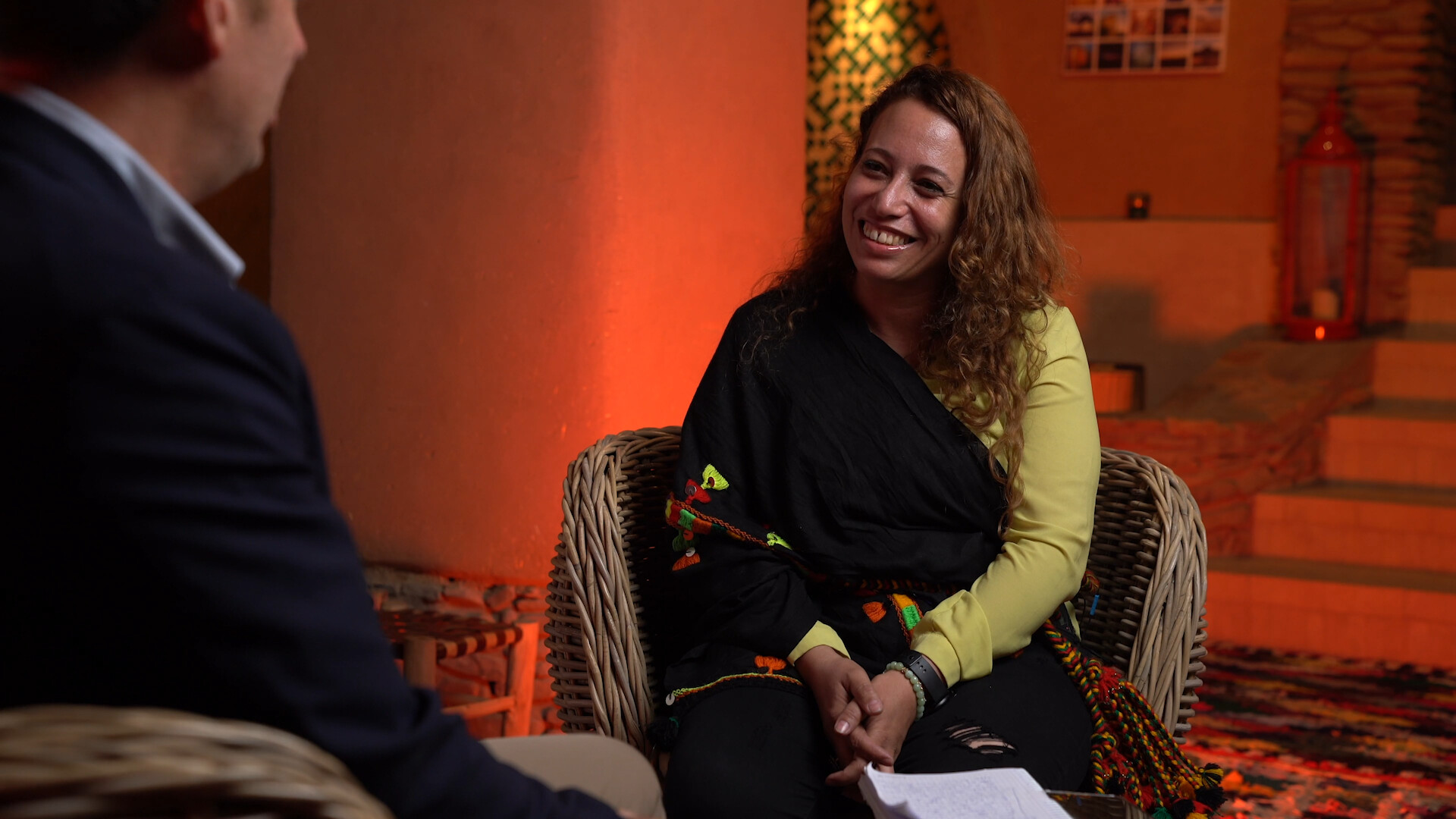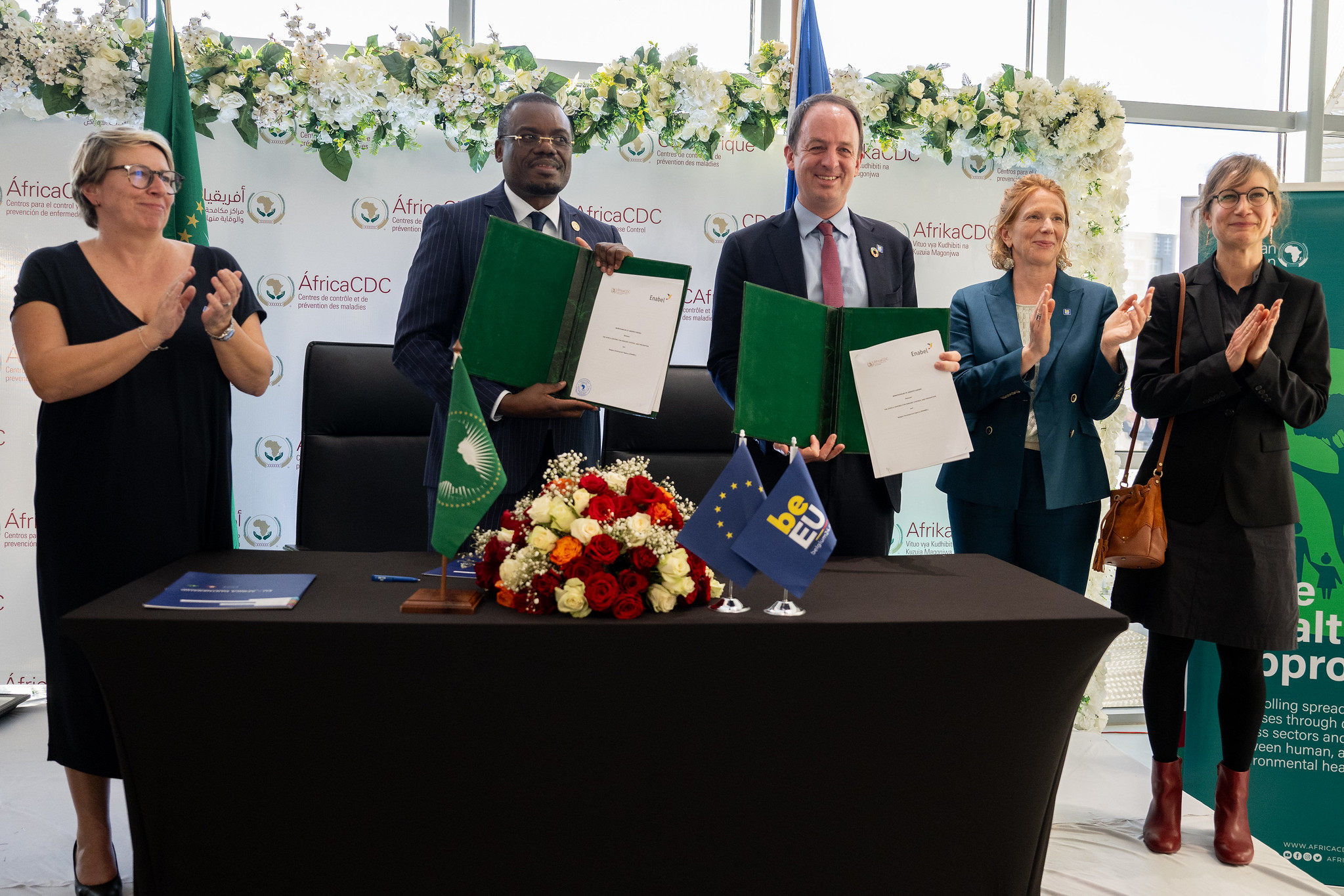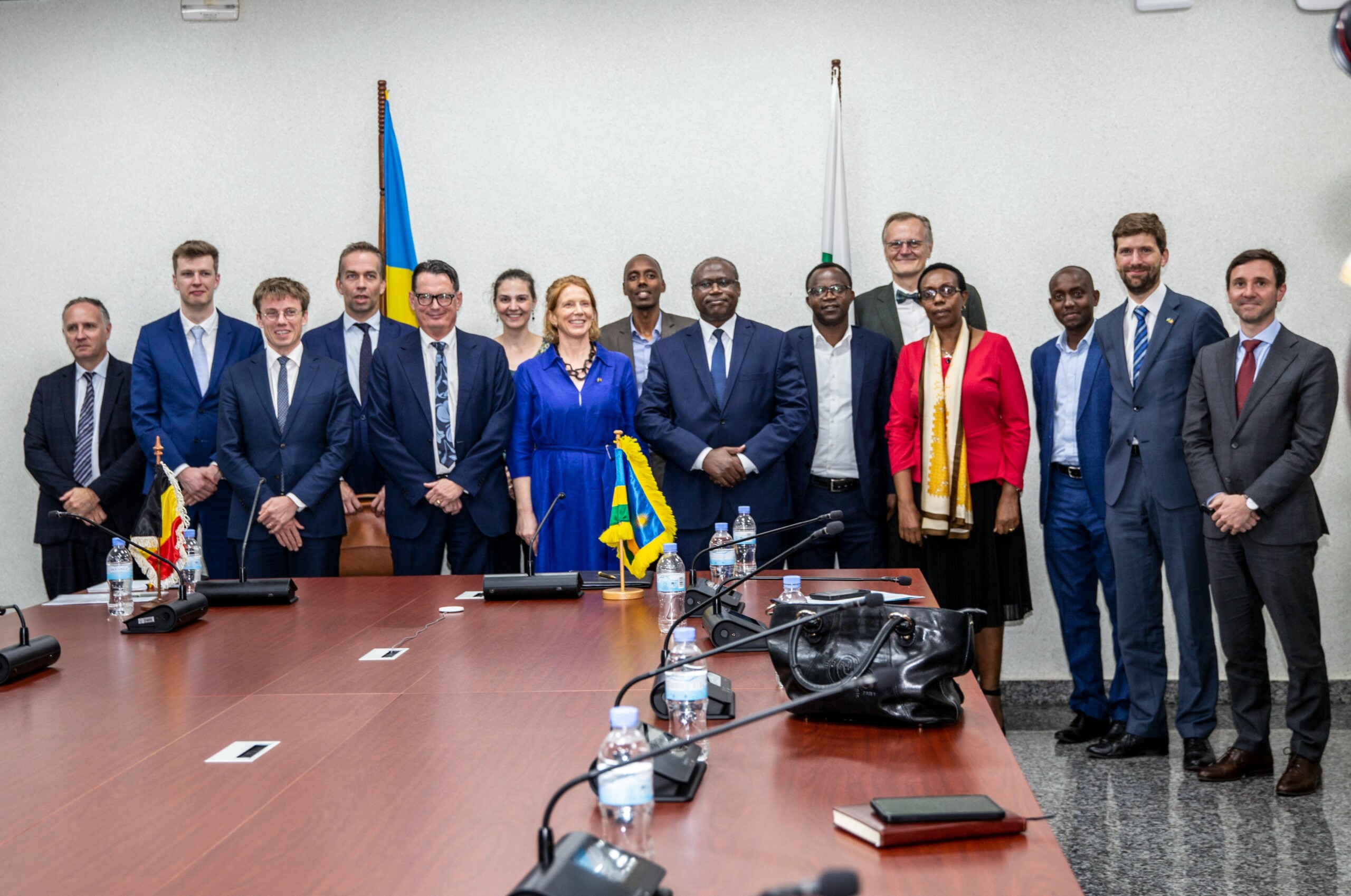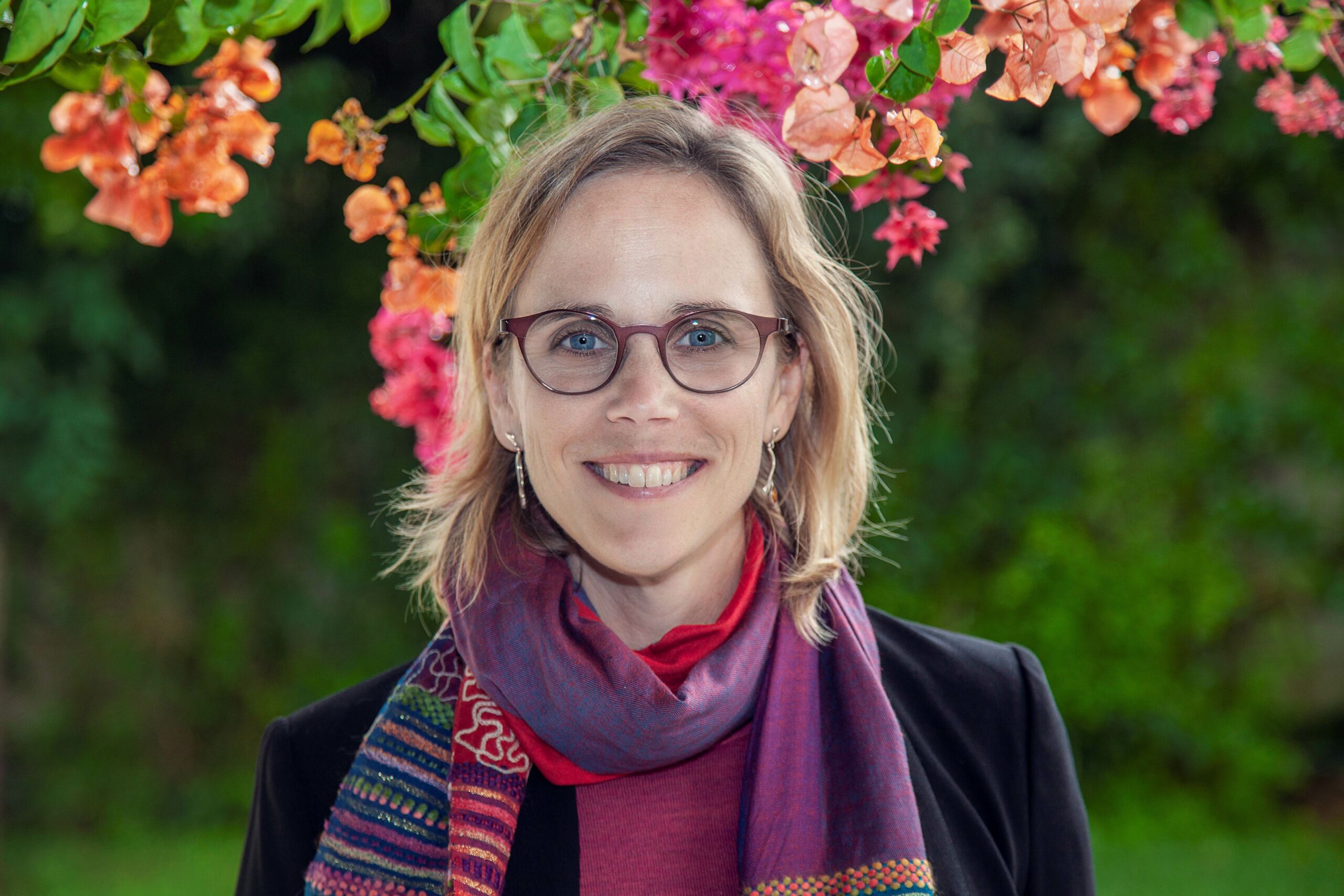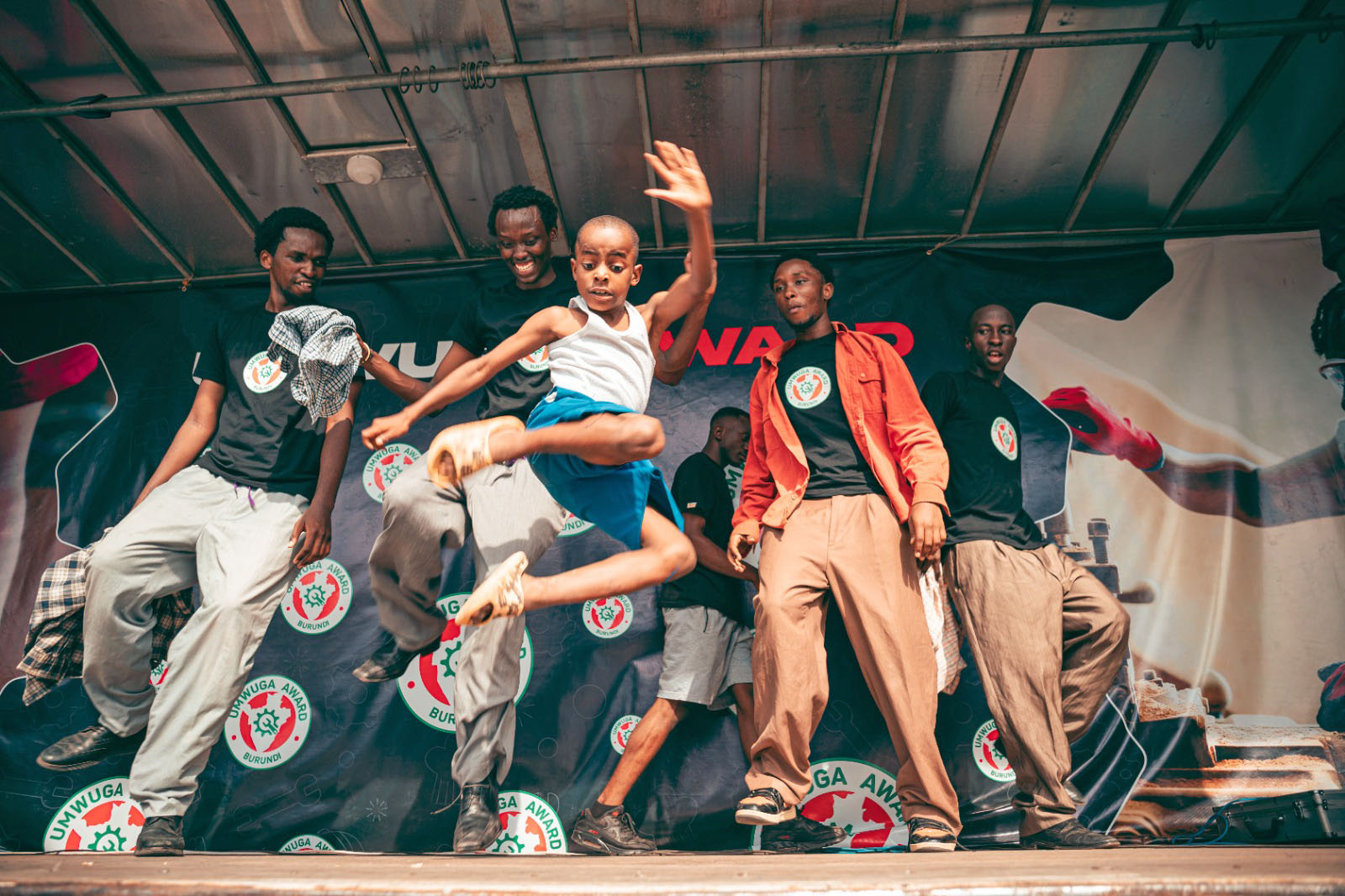Covid-19 and vaccination in Africa
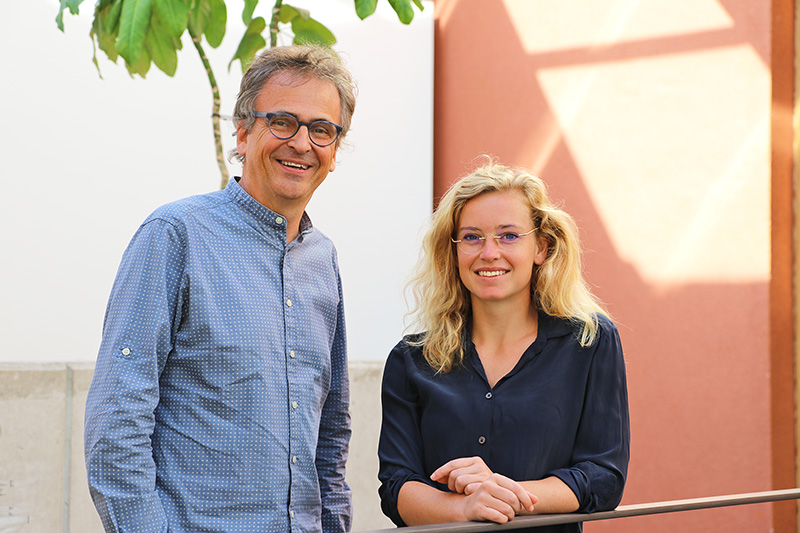
While emergency vaccination assistance is now a priority for Europe’s development cooperation agencies, it already comes with first steps towards future vaccine and health self-sufficiency. Belgium intends to be part in this international effort.
While Belgium and most Western countries now have quite satisfactory vaccination rates, on average in Africa barely 4.5% of the population is vaccinated. Vaccine inequality is worrying, especially since new, more virulent variants of the corona virus regularly appear.
Behind the need to rapidly provide these countries with the means to vaccinate their populations looms an equally important question: How to create the conditions for Africa to equip itself with the necessary capacities to produce and dispatch vaccines itself across the continent?
Act in the short term
“Of course, we participate in the collective effort, but our core task is to have an impact in the long term,” explains Ludiwien Cooreman, institutional relations officer at Enabel. Belgium has committed to distributing 4 million doses under the Covax initiative. Under that framework Enabel obviously wants to assist Belgium’s partner countries. But acting effectively requires broader thinking from the outset. “Take Uganda, for instance” says Vincent Tihon, health expert at Enabel’s. “The country has requested vaccines to protect teachers. This allows reopening schools, which have been closed for 18 months, and so more than 18 million young people could return to school. . But meeting this demand requires a more in-depth analysis from the outset. What about distribution logistics? What about local vaccination capacities? Is the cold chain assured? In Uganda, you cannot guarantee transportation at -80° C. This therefore excludes Pfizer vaccines. The Johnson & Johnson vaccine simply requires refrigerators. It also offers the advantage of being single-dosed, which will avoid a second logistical effort.” Behind the question of making vaccines available, therefore, looms a broader logistical question: How to ensure that vaccines and medical equipment are available at the right time in the right place?
The issue of public acceptance of the vaccine is also important in decision-making. In our example, do Ugandan teachers trust the vaccine sufficiently? What are their concerns or questions? Can we improve or strengthen confidence in the short term? Are some brands more or less well accepted? These are issues that we have also had to deal with in Europe, and we know from experience that it is important to include them when setting priorities.
“The Belgian effort involves many actors, both public and private. We aim to coordinate all these initiatives and create as much synergy as possible and boost the result of our efforts.”
Long-term assistance
Such short-term thinking almost naturally leads to a longer-term approach. How can we ensure that African countries have the capacity to produce quality vaccines and medicines and medical equipment such as mechanical ventilators, oxygen, masks and gloves? How can we ensure that they build and strengthen supply chains to deliver vaccines, medicines and equipment efficiently and that they work towards vaccine acceptance by the population?
“Answers to the first question means going beyond assembling ingredients shipped from the outside. Creating real production capacity means being able to carry out tests, conduct research and epidemiological studies and certify medicines and vaccines, whether imported or produced on the continent…” Ludiwien Cooreman continues. “Reflection quickly goes broad and requires coordination at all levels to lead to consistent action.”
European and international coordination
If the short-term objectives are therefore clear and limited and the actions relatively simple to plan; the question of the long term is far more tricky. “To begin with, the action of Belgium is only a small piece in a very complex puzzle,” Ludiwien Cooreman explains. “We need to tune our violins with other countries to share the work, share our skills and make the best use of the means and capabilities at our disposal. At European level, this coordination effort materialised within the Team Europe initiative, which combines EU and Member State resources to support partner countries and which delivered its first major results in the framework of the fight against Covid-19. The aim is to think no longer in terms of countries, but in terms of capacities and expertise: inventory what already exists, the skills and contacts of each, to determine together the best way to coordinate our efforts and to place them in a global framework. The more countries coordinate, the more effective their joint efforts will be.
Five regional centres
On the other hand, efforts are coordinated at the international level. The African Centre for Disease Control, the African Union health hub, has thus put forward the idea of developing Africa’s medical capacities around 5 regional centres. South Africa is a first candidate. Senegal is also in the running. Indeed, it is the only country on the continent that currently produces a vaccine, the one against yellow fever.
This vaccine is currently being purchased by UNICEF for field administration, ensuring a steady stream of revenue. “Senegal is one of our partner countries. So we already have many contacts there, and we believe that we could play an active role in this area,” adds Vincent Tihon. Rwanda, another partner country of Belgium, also intends to position itself as one of these five centres. Rwanda already has set up a medicine control agency.
It is a recent initiative, but the agency is looking to position itself for WHO Level 3 certification. Rwanda thus seeks to establish itself as a centre of choice for an African medicines validation agency that is to be created. Developing such capacity is crucial to frame the production of quality medicines and vaccines in Africa. Naturally, this means that analytical and control laboratories need to be established too. Belgium can provide technical support and act in partnership with the European Union for the equipment and development of the expertise of such labs.”

A roadmap for Senegal
This fall, Enabel will participate in a round table in Senegal. The aim is to develop a roadmap to revive the pharmaceutical industry and create a national medicines agency to validate imports and local production. Such action is multisectoral and multifaceted. This requires legislative changes, institutional reforms, the development of a production and transport infrastructure, technology transfer but also the strengthening of training capacities to provide the country with technicians and researchers. “Belgium, which has the capacity to produce medicines and vaccines, has expertise to share,” adds Vincent Tihon. “This expertise does not reside with Enabel itself but with various sector actors in Belgium: enterprises, universities, research laboratories… Our intervention will therefore consist in facilitating a transfer of knowledge between these actors and the parties involved in the project in Senegal. The idea is also to send experts on site as well as to invite Senegalese teams to come and get trained and exchange with their counterparts in Belgium.”
Team Belgium: a team effort
The Belgian effort therefore involves many actors, both public and private. “The idea is to build on our long-term relationships, in Belgium and in Senegal,” explains Ludiwien Cooreman. “In Senegal, for example, we have excellent contacts with the government and the operational monitoring office. In Belgium, we try to involve the Federal Agency for Medicines and Health Products, which controls medicines, and Sciensano, which deals with the control of vaccines. But we also want to involve academic institutions, such as the Antwerp Institute of Tropical Medicine, in the exercise. The latter is already in touch with Rwanda for training on quality controls. KU Leuven is already working with the Institut Pasteur in Dakar. The goal is to coordinate all these initiatives to create maximum synergies and multiply the result of our efforts.” “The reflection around the involvement of Belgian actors also includes NGOs and companies,” adds Vincent Tihon. “For example, we are in contact with the NGO Quamed, which specialises in quality audits and institutional analyses. And in the private sector, there is Univercells, a company from Liège, which has cutting-edge expertise in vaccine production and has signed a support contract with the Institut Pasteur in Dakar. I am also thinking of sector organisations like pharma.be. We are also working with BIO, the Belgian agency tasked with supporting the financing of private sector projects in the partner countries. In short, we are at the beginning of a gigantic effort, the first results of which we hope to see in the coming years. With a dimension of sustainability: The idea behind the development of these supply chains is also to create and sustain new sources of growth, and therefore well-being in partner countries.”
